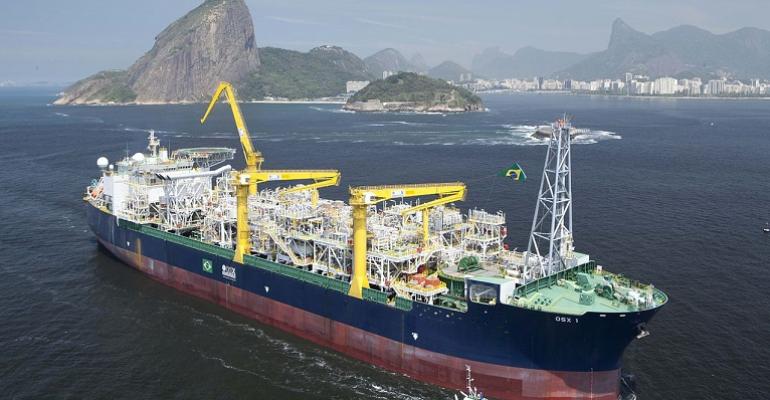This was the warning from Oslo-based analyst, Rystad Energy, in a briefing note on Friday. Out of a total of 28 floating production, storage and offloading (FPSO) units under construction around the world, 15 are being built at yards in China. Seven more are under construction in Singapore and South Korea.
The firm said that the virus is likely to cause extensive staffing and supply shortages in all three countries. In a worst-case scenario and in view of the fact that FPSO development projects take an average of 36 months, this could mean project delays of at least 30%. Although workers had holiday extensions after the Chinese New Year, many have now returned to work but on significantly shorter hours.
The situation will be made more severe by supply delays, both in and outside mainland China, while the plant utilisation rate in the Chinese manufacturing sector has now fallen to less than 10%. Travel bans will prevent contractors engineering firms and certification firms from attending and accessing shipyards, the firm pointed out.
Rystad Energy’s Head of Oilfield Research, Audun Martinsen, commented: “Although operators and contractors are looking into ways to make up for some of the time that will be lost by fast-tracking other stages of development, we anticipate first oil or gas for these projects will face clear delays.”
The floating energy backdrop is only a part of a wider picture. Energy industry exploration and production is being severely affected by the virus and Saudi Arabia is now to press for larger oil production cuts at OPEC’s next meeting this week in the hole of shoring up flagging prices.
Copyright © 2024. All rights reserved. Seatrade, a trading name of Informa Markets (UK) Limited.
Add Seatrade Maritime News to your Google News feed.  |

